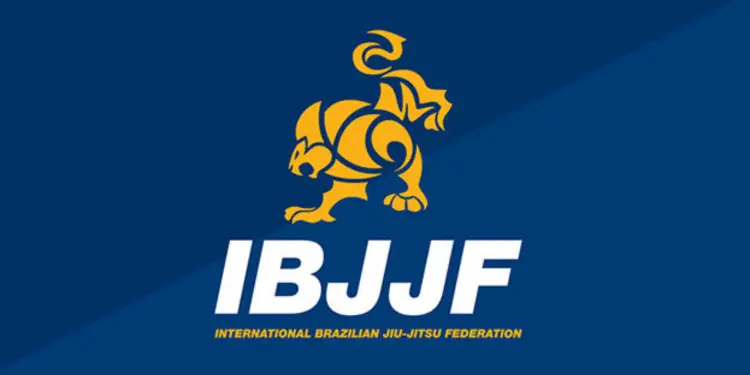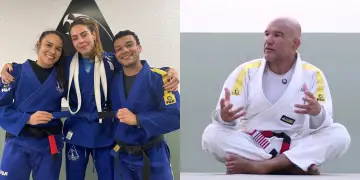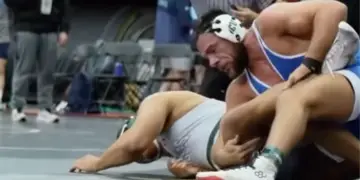The IBJJF has just announced a series of changes to their rules ready for the 2024 competition season, making adjustments to a number of different areas. None of these changes will have drastic effects on how the sport plays out on the mats, and most of them are related more to officiating before and after matches take place. There are two specific changes that will have a noticeable impact on the mats, but neither one of them is as revolutionary as their legalizing of heel hooks and reaping in recent years.
Interestingly, one of the changes does effect leglocks. Previously, all competitors would be disqualified for applying a straight ankle-lock and turning towards the free leg when attempting to finish it. Now though, anyone competing at brown and black belt will be allowed to turn in either direction when applying that submission. The IBJJF has also introduced a harsher ruling on stalling when in 50/50, something that will no doubt be welcome by the fans.
Below is a short description of the changes have been made to the IBJJF rules and all of them will take effect as of 2024:
- The referee can consult the event’s director of refereeing, but the final decision as to whether to overturn or not overturn a result is the referee’s to make. The director of refereeing should consult the event’s center table regarding how the bracket has progressed and may only authorize the overturning of a result if the bracket has not progressed to the next stage. Results will not be overturned if the awards for the bracket have already been granted.
- If an athlete is in the 50/50 guard position and grips the lapel or the belt of their opponent, the athlete will have 20 seconds to pursue positional progression before receiving a penalty for lack of combativeness. They will receive a penalty if positional progression has not been achieved after 20 seconds, regardless of intention.
- Competitors at brown and black belt will no longer be disqualified for turning towards the free leg when applying a straight ankle-lock.
- Summary disqualification from the match and competition at the moment of the infraction now means that an athlete disqualified from a gi event who is also signed up for no gi will be disqualified from both events
- An athlete will be disqualified if they are wearing hair dye or makeup that stains their opponent’s gi during a match
- If an athlete is disqualified, his opponents will move up one position to replace the disqualified athlete’s results. If an athlete is disqualified for a disciplinary penalty after the fight has ended but while the event is still taking place, the next opponent will be declared the winner and his previous opponents will move up one position to replace the disqualified athlete’s results.
- If an athlete is promoted to a belt for which he does not meet the age requirement, then they are permitted to compete at his previous rank until he reaches the age requirement.
- Athletes must register in the category which corresponds to their biological sex assigned at birth, namely male or female, as listed on their original birth certificate.
The full breakdown of the changes made to the IBJJF rules in 2024 and a copy of the updated rulebook can be found here.













